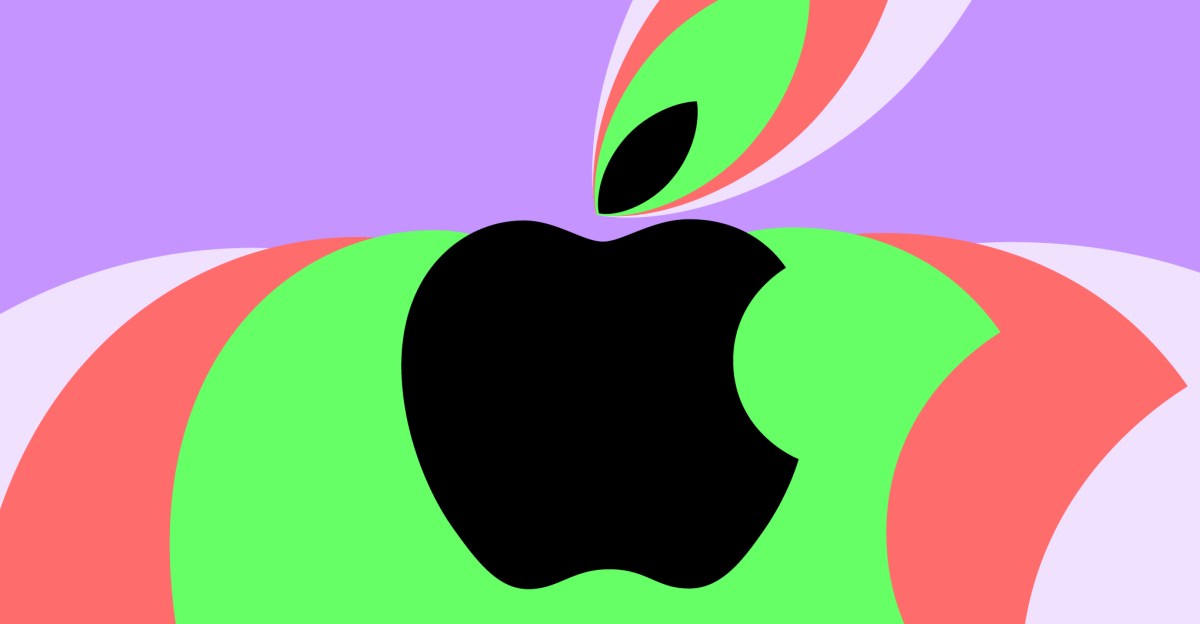Brazil’s Bold Move: Apple Under Pressure to Embrace Sideloading Within 90 Days
In a significant shift in the mobile app ecosystem, Brazilian regulators have mandated that Apple must allow app sideloading within the next 90 days. This decision marks a turning point in the ongoing battle between tech giants and regulatory bodies, potentially reshaping the way apps are distributed and consumed across the globe. As Apple navigates this directive, the implications for developers, consumers, and the broader tech landscape are profound.
Understanding Sideloading: A New Frontier for App Distribution
Sideloading refers to the process of installing applications on a device from sources other than the official app store. Traditionally, Apple has maintained a tight grip on its app ecosystem through the App Store, which serves as a curated marketplace for applications. This has ensured a level of security and quality control but has also led to criticisms regarding monopolistic practices and limited user freedom.
Brazil’s decision to compel Apple to embrace sideloading comes in response to growing concerns about competition and consumer choice. By allowing users to install apps directly from developers or alternative stores, the Brazilian government aims to foster a more open digital environment.
The Regulatory Landscape: Brazil’s Stand Against Tech Monopolies
The push for sideloading in Brazil aligns with a broader global trend where regulators are scrutinizing big tech companies for their market dominance. Countries across Europe and North America are exploring similar measures, seeking to create a more competitive landscape. This regulatory pressure is not without precedent; for instance, the European Union has been proactive in advocating for digital market reforms, including the Digital Markets Act, which aims to curb the power of tech giants.
Brazil’s decision highlights a growing recognition that consumers should have the freedom to choose how they access and install software on their devices. By mandating sideloading, regulators are challenging Apple’s long-held policies, thereby creating a pivotal moment for mobile app distribution.
The Implications for Apple and Its Users
For Apple, the requirement to implement sideloading poses several challenges and opportunities:
- Security Concerns: One of Apple’s primary arguments against sideloading has been the potential risk to user security. Allowing applications from external sources could expose users to malware and other security threats. Apple will need to address these concerns while implementing the new policy.
- Impact on the App Store: The App Store has been a significant revenue generator for Apple, with developers paying a commission on sales. Sideloading may lead to a drop in App Store traffic and revenue as users opt for direct installations.
- A New Competitive Landscape: With sideloading, developers may have more opportunities to reach consumers without going through Apple’s stringent app review process. This could lead to a more diverse range of applications available for users.
For consumers, this move could enhance choice and accessibility. Users may find it easier to access niche applications that do not meet Apple’s App Store guidelines. However, it also places the onus of security on users, who must now be more discerning about the applications they choose to sideload.
Developer Perspectives: Opportunity or Challenge?
Developers are likely to have mixed feelings about the mandate for sideloading. While some may welcome the opportunity to bypass the App Store’s fees and restrictions, others may worry about the implications for app quality and user safety.
- Increased Freedom: Developers can create and distribute applications without the barriers imposed by Apple’s review process. This could lead to innovation and a wider variety of apps.
- Quality Control: Without the App Store’s oversight, there may be a risk of lower-quality apps entering the market, which could damage user trust and experience.
- Market Competition: Developers may find themselves in a more competitive environment, as they can directly reach consumers and potentially offer better pricing models without Apple’s fees.
Global Repercussions: A Trend Toward Openness?
The Brazilian ruling may inspire similar moves in other regions, amplifying the call for tech giants to rethink their app distribution models. Countries observing Brazil’s actions may see it as a template for their own regulatory frameworks. As consumers increasingly demand more control over their devices, the pressure on companies like Apple will only intensify.
Furthermore, this could set a precedent that encourages other countries to adopt more consumer-friendly policies, challenging the status quo of digital marketplaces. The potential for a domino effect exists, especially in regions where tech regulations are still evolving.
The Future of App Ecosystems: Navigating New Waters
As Apple grapples with the implications of Brazil’s directive, the future of app ecosystems hangs in the balance. The company must balance its commitment to user security and quality control with the growing demand for flexibility and choice in app distribution. Here are some potential future scenarios:
- Hybrid Models: Apple might develop a hybrid model that allows for safe sideloading while maintaining some level of oversight to protect users.
- Enhanced Transparency: In response to regulatory pressures, Apple could provide more transparency regarding app reviews and security measures within the App Store.
- New Revenue Streams: As sideloading becomes more accepted, Apple may explore alternative revenue models, such as subscription-based services for premium features or enhanced security protocols.
Conclusion: A New Era for Mobile Apps
Brazil’s bold move to mandate sideloading within 90 days of Apple is a significant moment in the ongoing conversation about digital rights and consumer freedom. As regulators worldwide take note, the implications of this decision could ripple through the tech industry, challenging established norms and fostering a more open and competitive environment for mobile apps.
While challenges remain, including security concerns and potential impacts on Apple’s revenue, the opportunity for innovation and increased consumer choice is palpable. As we move forward, it will be fascinating to observe how Apple adapts to this new reality and how the broader tech landscape evolves in response to these regulatory pressures.
See more Future Tech Daily

